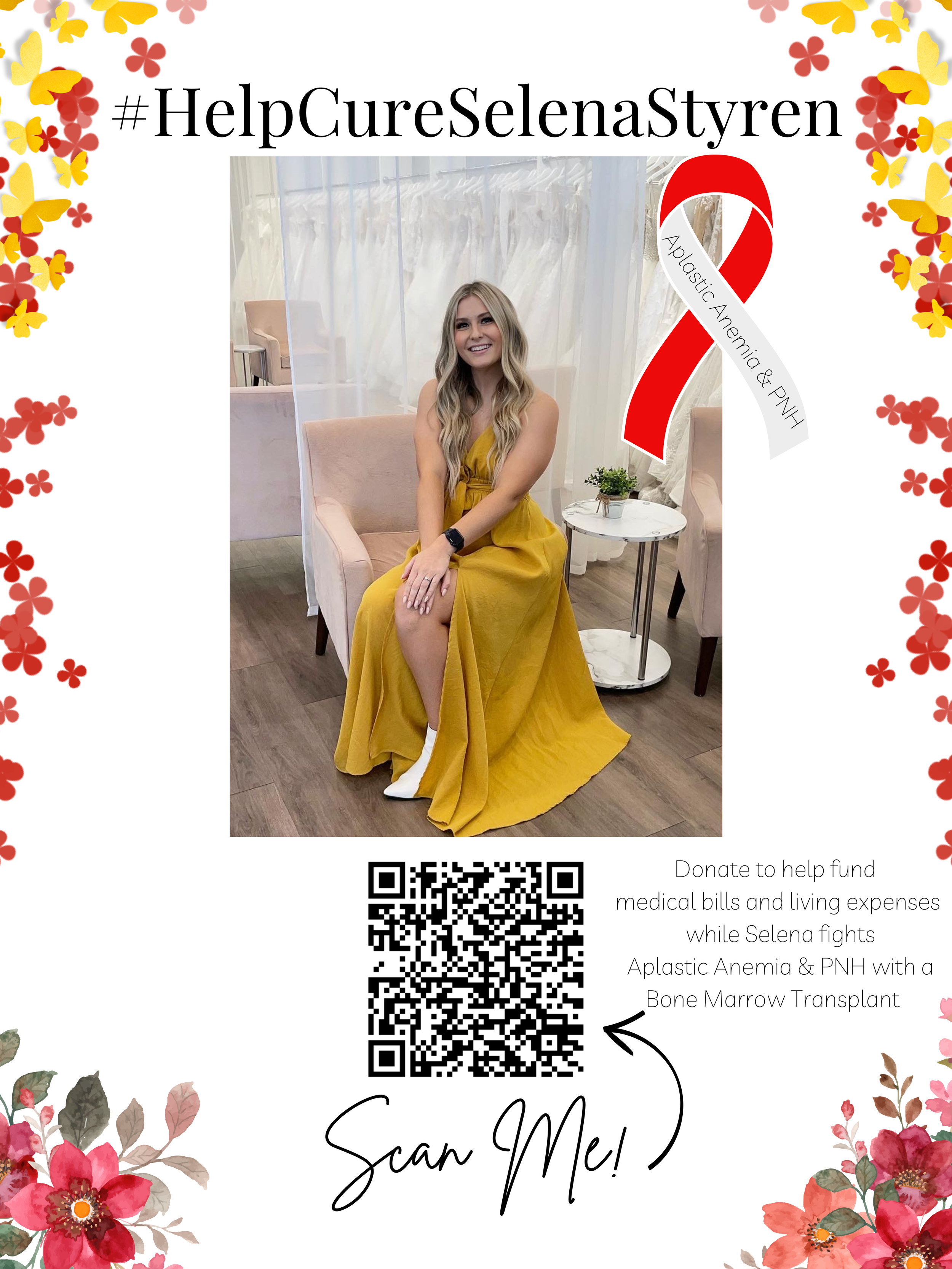How to Find Financial Support When You Have PNH
When I was told I had to move away from home for about six months to stay in an unfamiliar city, I was not only concerned about all the unknowns, but I also immediately became financially stressed. I knew I wouldn't be able to work and would still have to pay my bills at home, while also covering rent and living costs elsewhere. This prompted me to start searching for ways to receive support during such a fragile time.
Community
The greatest support most people will find, especially during medical struggles, is within their community. I was surrounded abundantly by both financial and emotional support. Prayers and thoughtful words came flooding in, along with many generous donations. PNH and aplastic anemia are like step-cousins to cancer. While we’re treated at oncology centers, we don’t qualify for any of the cancer financial aid programs because PNH and aplastic anemia are not actually cancer. I did apply to several of these programs, and I was dismissed even though I also had to have chemo and radiation as part of my bone marrow transplant.
Thus, I relied on my incredible community. The best way I found to notify my friends and family and set up a system for receiving donations was through GoFundMe. This platform allows you to update everyone easily and share your medical journey. All donations are directly transferred to your personal bank account, so you don’t have to stress about how to access the funds. It was also a nice way to be able to keep everyone updated about my journey without having to reach out to each person individually, which I didn’t have the energy for.
To maximize the success of your GoFundMe, I’d recommend sharing the link on social media and encourage others to do the same. I made a flyer with my photo and the GoFundMe link and distributed them at businesses I regularly visited, so they could also help spread the word. Places like my favorite local coffee stand posted it in their window, and my local gym kept it on their counter. This helped raise awareness of my situation and the financial burden it was causing. My community stepped in and significantly alleviated that burden.
Financial Aid
While I did not qualify for any cancer financial aid, most hospitals, clinics, and medical centers have social workers who can help you find additional ways to receive financial support. When I arrived at my medical center for treatment, my social worker provided me with paperwork to apply for assistance. Some of the support I received included Safeway gift cards for groceries and coverage for a month of rent. Some applications offered small amounts, while others were more substantial. Regardless of the amount, I encourage everyone to apply because even a $25 grocery card can go a long way when you’re at the end of treatment and running out of funds. It can help you buy food for the week when you need it most.
A tip for anyone who is getting ready to apply to these programs is that they will ask for a lot of the same things, so it can be helpful to have the info compiled somewhere so you can easily copy and paste it to each application. Things most will ask are salary, expenses, household bills, W-2, and questions about you that tended to be repetitive.
Insurance and Billing Centers
During my treatment, I received very expensive bills in the mail, often because insurance didn’t cover the full cost, or the maximum had been met, leaving me with a hefty percentage to pay. I always called to discuss these bills instead of paying them right away. It's important to confirm all charges and ask if any adjustments or assistance are available. I also applied for financial aid through my medical provider. Since I had already paid so much out of pocket and my medical provider knew the medical bills wouldn’t slow down anytime soon, I was granted aid that covered a percentage of my future bills for a year. This was a huge help, and I’m so glad I followed through with asking for the paperwork. I found that there are a lot of financial aid opportunities that aren’t well-advertised, so for this particular program, I called my medical provider and asked what programs they had available.
Sometimes, it can feel awkward, embarrassing, or daunting to ask for financial aid or to make calls to these companies, especially when you’re in the midst of treatment. However, remember that they want to help you, and there is no shame in seeking assistance. Nobody understands your needs better than you do, so don’t hesitate to ask for help and accept it willingly. Even though it was a lot of effort to ask and apply for financial aid when I was already so fatigued, I’m so glad I did. It can truly make your medical recovery so much easier to relieve some of the financial burden.

